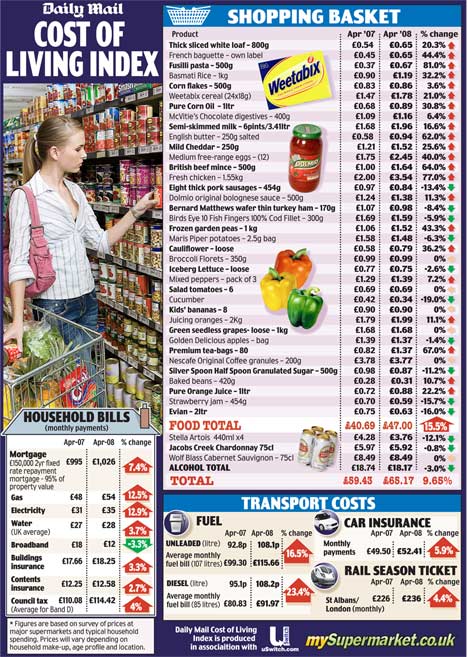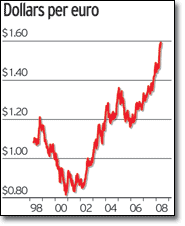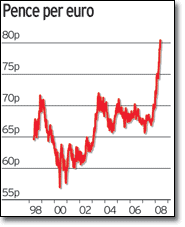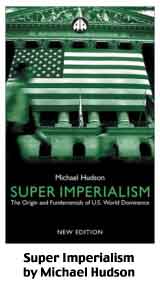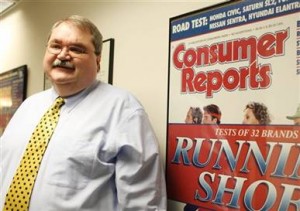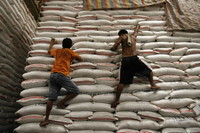The big problem with inflation is that people get low blood sugar when they are hungry, and soon their moods turn sour. I know this for a fact because if breakfast or brunch or lunch or coffee break or dinner or any snack is five minutes late, I involuntarily turn into a screaming monster from hell demanding to know who stole my food and vowing bloody revenge. I can only imagine the anger when hunger is caused because someone can’t afford to buy food!
This “inability to buy food” is one of the problems with inflation, and that ugliness is now here, as we read from Bloomberg.com that “The World Bank in Washington says 33 nations from Mexico to Yemen may face ‘social unrest’ after food and energy costs increased for six straight years.” Hahaha! No kidding?
World Bank chief Robert Zoellick says, “Thirty-three countries around the world face potential social unrest because of the acute hike in food and energy prices”, and that since 2005, “the prices of staples have jumped 80%”.
Like what? Like corn and wheat, which are making the news by rising like crazy, and the latest food emergency is that “Rice, the staple food for half the world,” is now double the price of a year ago, and a fivefold increase from 2001. Yikes!
100% inflation in the price of rice in one year! And 500% in seven years! Yikes again! No wonder that Jody Clarke at MoneyWeek.com reports that “Since January 2005 the average price of a loaf of bread in the US has risen 32%. Overall, US retail food prices rose 4 % last year, the biggest jump in 17 years, says the US Department of Agriculture. Meanwhile restaurant owners have been even harder hit, with wholesale price increases of 7.4%. That’s the biggest jump in nearly three decades, according to the National Restaurant Association.”
And worse yet for us alcohol-besotted worthless lushes out here, heroically keeping bartenders and comely barmaids gainfully employed year around, the price of hops, an integral ingredient in beer making, has soared from $4 a pound to $40.
The Marketbasket Survey, conducted by the American Farm Bureau Federation, says a basket of things like bread, milk, eggs and pork chops will cost you $3.50, or 8.9%, more this year than last. Both a five-pound bag of flour and a dozen eggs are up over 40% since January 2007.“
Read moreNot-So-Quiet Food Riots





